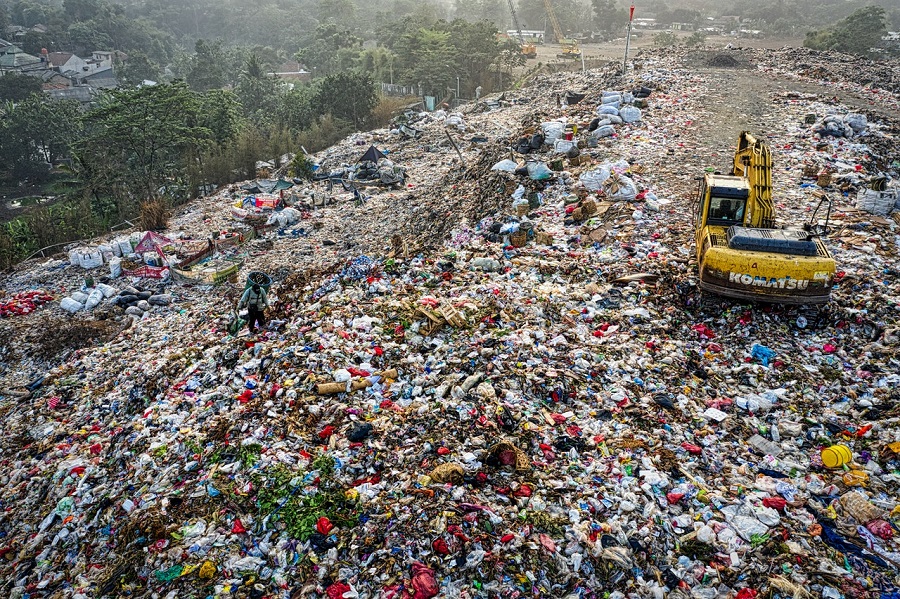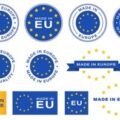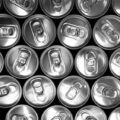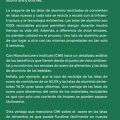Alert to the shortage of post-consumer recycled materials available for use in the packaging sector. This was stated by manufacturers of aluminum, aerosol cans and plastic tubes in Germany, who have demanded urgent changes throughout the industry to generate much more effective and accessible recycling. In addition, the EU had suggested some changes to the packaging and waste regulation by the end of 2020, and one of them also focused on the use of recycled materials in packaging. This will be a mandatory requirement from January 1, 2030 for units with plastics, but there are no clear targets set for metals yet.
Members of Aluminium Deutschland’s (AD) Tubes, Cans and Impact Extruded Parts division claimed to have been carrying out practices with recycled materials even before the related regulations were enacted. This caused some concern regarding the availability of abundant recycled and recyclable material, as sustainability efforts have now gained significant momentum.
The recycling of plastic materials, especially those used for food contact, is an area in which Europe is struggling to satisfy. EFSA (European Food Safety Authority) has backlogged recycling processes, which means that there are a limited number of suppliers. A problem that is made even worse because the personal care products industry also demands food grade qualities in recycled materials.
Because only a few suppliers distribute food-grade PCR polyethylene and EVOH, they have enormous control over the prices of these raw materials. For packaging manufacturers, this means that they will have to assume equally high costs to procure them.
“When producing packaging with recycled materials, it becomes necessary to modify the tools often used. This contributes to an increase in existing costs. Due to the increased use of recyclable materials such as PCR, this industry is faced with the reality of having to meet demand. Therefore, all those involved with packaging, brands, retailers, recyclers and the legislators themselves must work together to create a competitive market and favorable regulations.”they added.
According to this group, containers must be logically designed to facilitate recycling and at the same time a European law must be proposed to promote this process, in addition to investing in modern technologies and distribution systems to guarantee their profitability. This is essential to be able to collect, sort and reuse materials correctly.
The last edition of the World Aluminium Aerosol Can Awards saw many award winners turn to solutions based on recycled aluminum. This is evidenced by Rexona’s new packaging, which uses a specially advanced alloy developed by Trivium and includes recycled content. No less impressive was Ball Corporation’s ReAl composition, with its re:gen can containing up to 50% recycled material.















